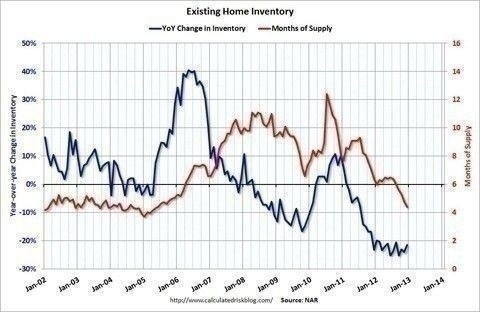Check Out Wishlist: A Boulder Experience-Based Gift Giving Site
Photo Credit: Adventure Paragliding
Dad’s t-shirt drawer is overflowing, he has plenty of nice ties that he dreads putting on, he just bought himself a nice set ofgolf clubs and you really, really don’t want to resort to buying him socks. Now what?
Thanks to Wishlist LLC, a Boulder-based company, you can sit back, relax and give Dad the best gift he has ever received with just a few clicks of the mouse. You can give him an experience.
“An experience doesn’t devalue overtime and you don’t have to take care of it,” said Suzan Bond, Wishlist’s chief marketing officer. “I think about how experiences bond people –if you have ever had a life altering experience you remember who was with you or who gave it to you. That is what drew me into this company.”
Wishlist offers several Colorado-based experience categories to choose from: Adventure, Getaways, Urban Living and Wellness – each offering several activity options. All you have to do is choose a category that your dad, girlfriend, employee, etc. will enjoy the most and purchase that category or Wishlist for a set price. The Wishlist is then emailed to the recipient with a personalized message and they get to choose the activity that excites them the most.
“Not only are you buying a personalized gift but it is personalized because they get to pick the specific thing that they do,” explains Bond.
So this Father’s Day give dad the adrenaline rush of navigating whitewater rapids or a quaint weekend getaway… and lets all thank Wishlist for giving us the best gift ever – an alternative to the stressful, traditional gift giving routine.
Search Boulder Homes for sale
720-771-9401
Search all Boulder homes for sale




